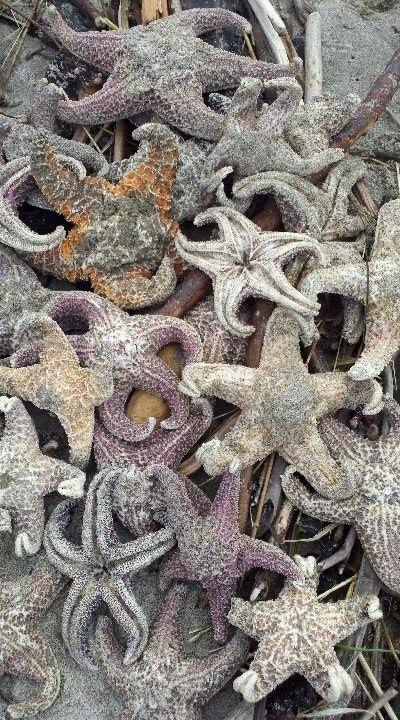Dear Integral Meditators,
In some situations it seems like we are faced with a choice of either forgiving and letting go of something difficult that has happened to us, or holding onto it and continuing to experience anger, grief and negativity about it. But is there a third option? The article below examines the relationship and difference between forgiveness and acceptance, and how we can go about using them consciously and skillfully in our mindfulness practice and life.
Yours in the spirit of skillful acceptance,
Toby
 Acceptance & Forgiveness – The Difference
Acceptance & Forgiveness – The Difference
To accept something is to accept the reality of what has happened, how you feel about it and what can or cannot be done about it.
Forgiveness is a choice we make to let go of judgment and feelings of blame (and sometimes vengefulness) toward another person/people or ourself regarding something that has happened.
Acceptance and forgiveness are not the same thing, and it can be a really good thing to get this clear in our own understanding, for example:
If my business partner causes us to lose a deal through a genuine mistake or lack of experience, then I may feel anger or loss initially, but I can forgive him and let it go because the nature of his mistake was genuine and his intention was not malevolent.
Similarly we can forgive our children, partners, friends and ourselves many things and this is entirely appropriate and helpful.
Let’s say however a business partner of mine consciously and deliberately embezzles money from the business and then runs off. Because this is an act of deliberate harm done intentionally, for me it does not seem appropriate to forgive , but I am still faced with the problem of a bunch of angry, frustrated feelings within myself; “How could he! How could I be so naive! I thought I knew him!” And so on…
I this situation I can move to resolve the feelings that I have through acceptance
- I accept the reality that what has happened has happened, and I cannot turn back the clock
- I accept the reality the he has done what he has done
- I accept the way in which I feel, and I allow myself to acknowledge and feel those feelings in order to process them and then let go of them
- I don’t forgive, because as the situation stands I don’t think it is appropriate, but nevertheless though acceptance I can resolve my feelings, let go and move on from the situation without being unduly bothered by it, and hopefully have learned the lessons that are appropriate.
Of course if at some time in the future my business partner then expresses remorse, returns the money and have a genuine change of heart, I would probably forgive him, but not before that point, because as a human being with intelligence he is accountable for his actions.
You can resolve a lot of difficult things and past hurts through acceptance, and find your peace. Where appropriate you can forgive.
Mindfulness Question: What past or present circumstances or relationships do I most often find myself revisiting with bitterness, anger or blame? Which of them is most appropriate to deal with through acceptance, and which are most appropriate to approach with forgiveness?
Related article: The Way to Deal With Feelings is to Feel
Related Blog Section: Positive Anger
Find out about: Stress Transformation Coaching with Toby
© Toby Ouvry 2015, you are welcome to use or share this article, but please cite Toby as the source and include reference to his website www.tobyouvry.com
Upcoming Courses at Integral Meditation Asia in March:
Saturday March 28th 2.30-5.30pm – Mindfulness and Meditation For Creating a Mind of Ease, Relaxed Concentration and Positive Intention
Friday 3rd April, 7.30-9pm – Integral Meditation Session @ the Reiki Centre
Integral Meditation Asia
Life-Coaching * Meditation Technology










